How Music Can Transform the Classroom
A spanish class practices for the singing competition
December 8, 2022
In the 30s building, the sound of an electric guitar fills the air as well as a chorus of student voices singing in Spanish, French and Mandarin. Nearby, in the 20s building, the sound of Hamilton’s “You’ll be Back” and Chopin’s “Nocturne” are heard by students.
According to the Board of Education, music is a very powerful educational tool because it is shown to improve listening skills, vocabulary and language as well as enhance unity between classmates.
Teachers at PHS are bringing music into high school classrooms in addition to just elementary. Eduardo Wolbert, a new English teacher, is one of them.
“I love music-–I’ve played guitar for a long time and I’ve found it gives me an opportunity to engage with students in a different way. It grants me another avenue to connect with them,” he said.
Wolbert said that he has had students in the past that were completely checked-out of his class until they found out he played guitar. He said he was able to bond with those students because of their shared love of music and as a result they became more engaged in his class.
“Mr. Wolbert is the most special teacher I think I have ever had. When he brought his guitar to class on the first day I was so excited and I knew immediately we were going to get along,” said senior Micheala Bini.
Bini said that since then, she and Wolbert have been able to bond due to their shared love of music.
“I don’t think I’ve ever connected with a teacher on that deep of a level before, and music helped me to do so,” she said.
Wolbert also uses music as a way to teach some of his lessons.
“When I teach the Shakespeare unit, I talk about the rhythm of language and it gets very musical,” he said.
Social Studies teacher David Keller is also giving his students the opportunity to perform music for the class.
“When we were studying the romanticism period I realized I could play a few songs from that era on piano and so I decided to play Chopin’s ‘Nocturne’ for the class,” said Junior Ken Sibal.
Sibal added that he thinks by allowing students to play music, Keller is giving them a better context for the period they are studying at the time.
“I’m really excited to perform because I think music is an important part of history that we don’t often study,” he said.
Additionally, Keller says that music is often used as a pneumonic device in his classroom.
“Music is one of those things that seems to be a crossover between the emotional and the intellectual. Oftentimes when you’re trying to learn something really hard, music helps it stick better,” he said.
According to Spanish teacher Joanne Guillen, former French teacher Madame David loved to sing with her class, beginning the World Language Singing Competition.
“One of the reasons why we sing in a foreign language is because it really helps to improve pronunciation, and it’s a nice way to incorporate culture into classrooms,” she said.
Additionally Guillen said that the competition bonds students.
“It really gives students a sense of community and it was so beautiful to see almost the entire school come together last year to cheer on their friends,” she said. “Music is so important. We need to start seeing more of it here,” Guillen said.
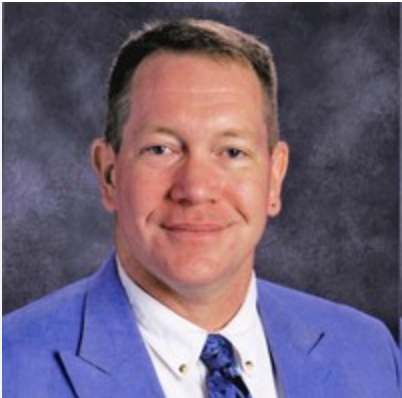



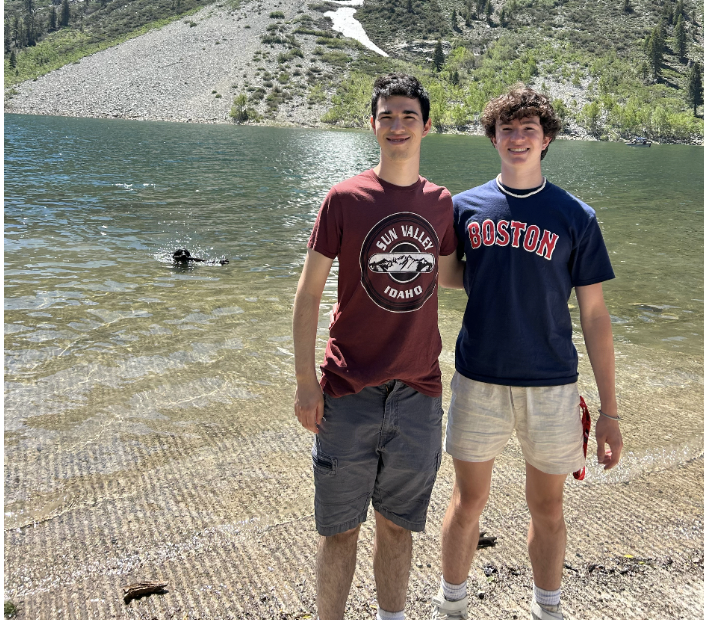
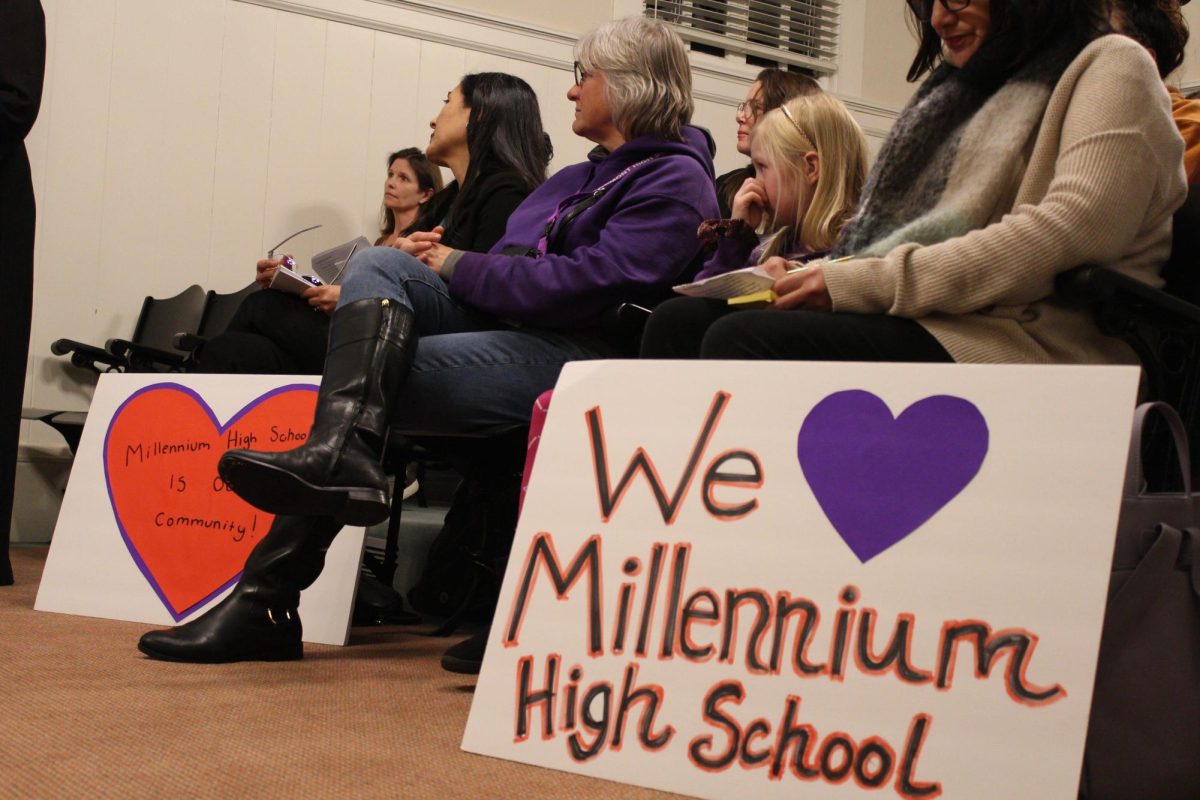
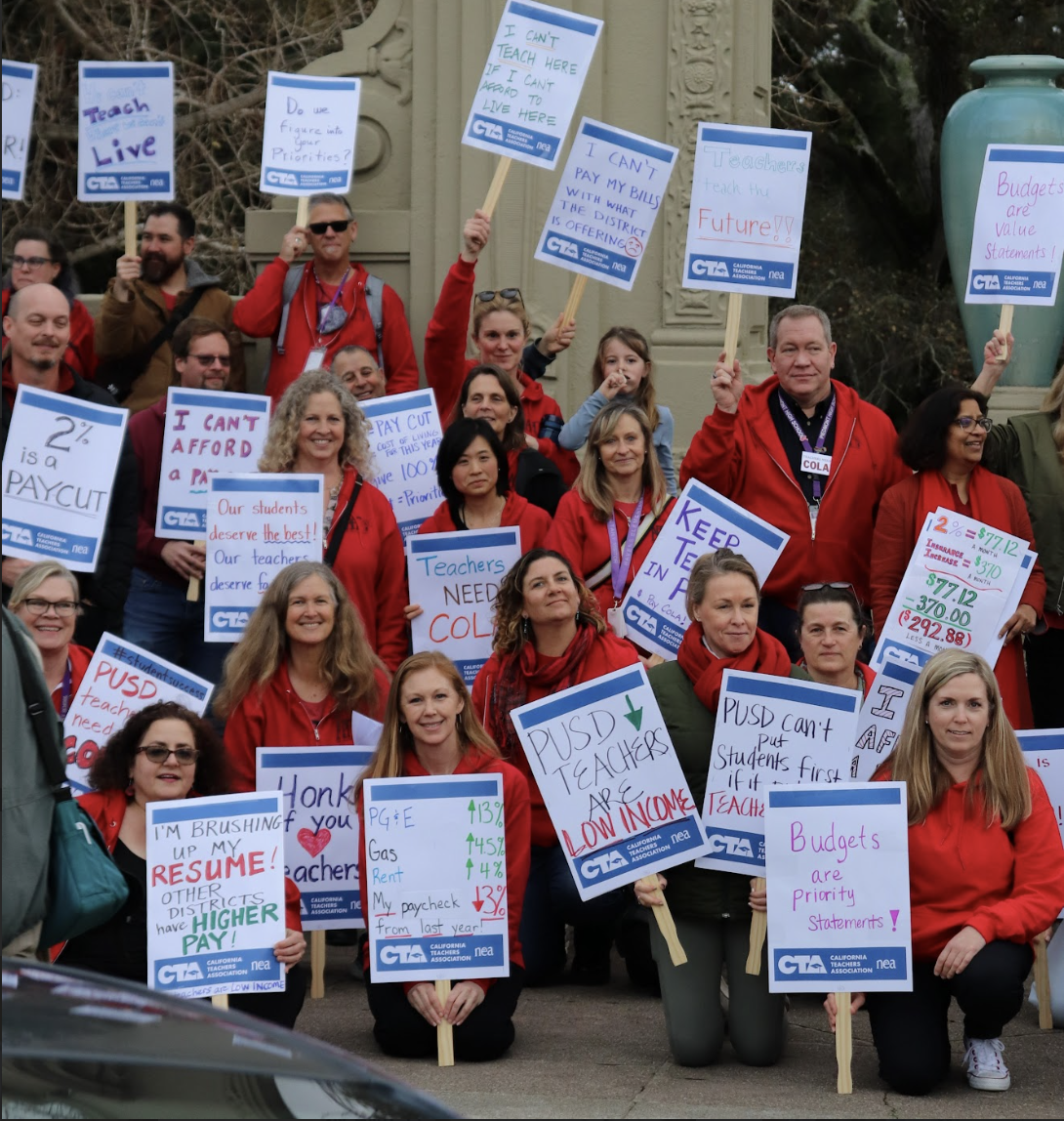



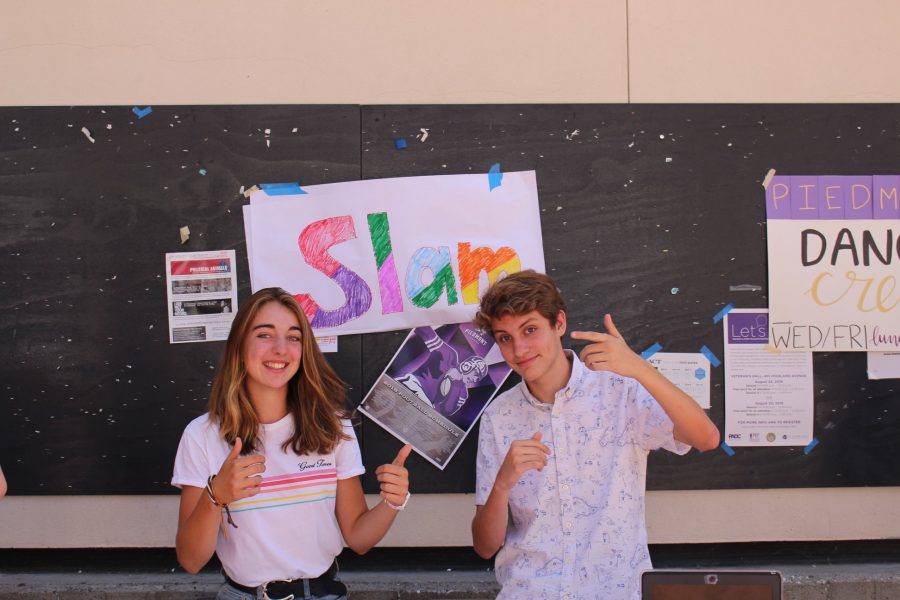


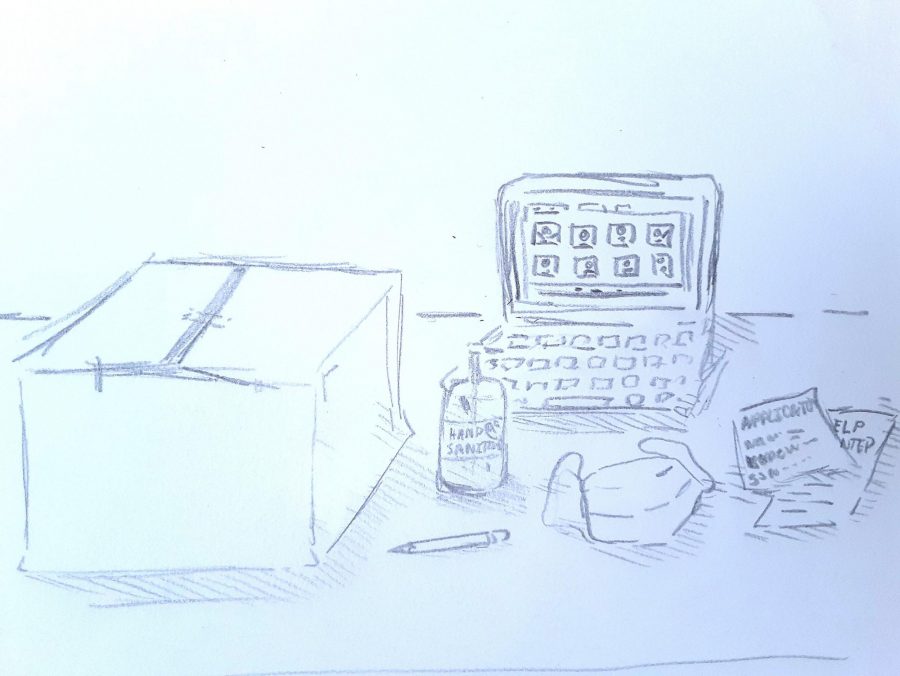

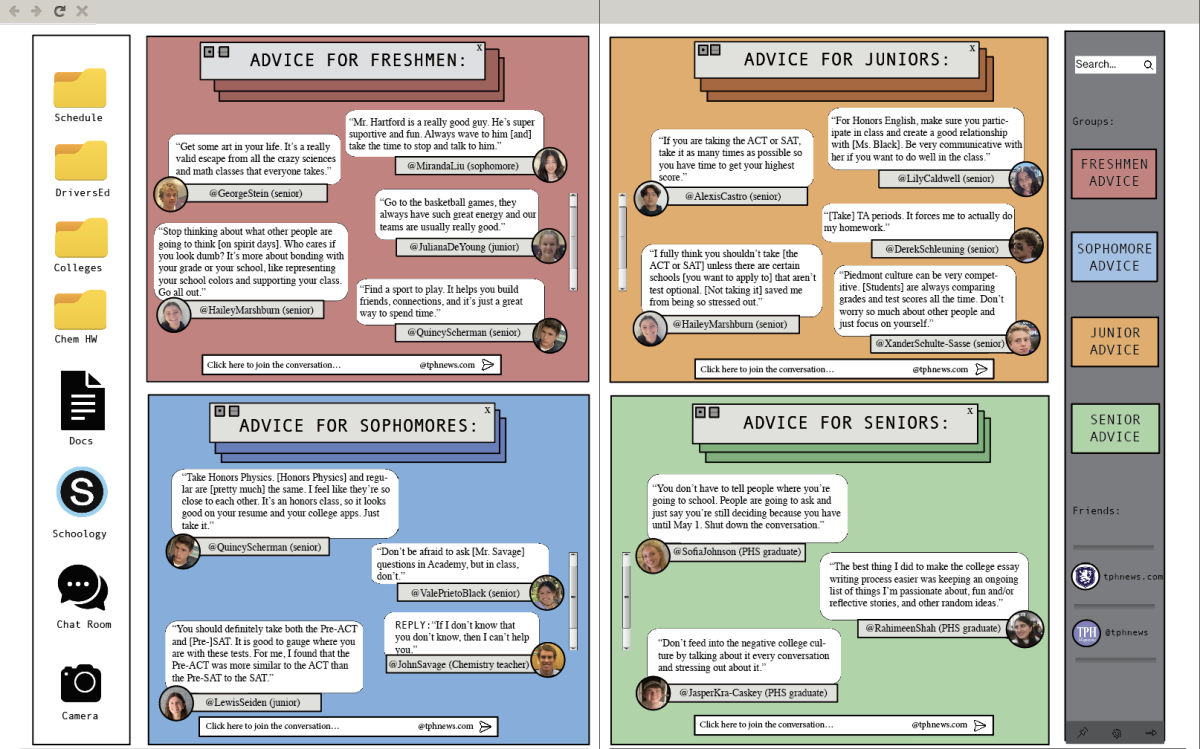


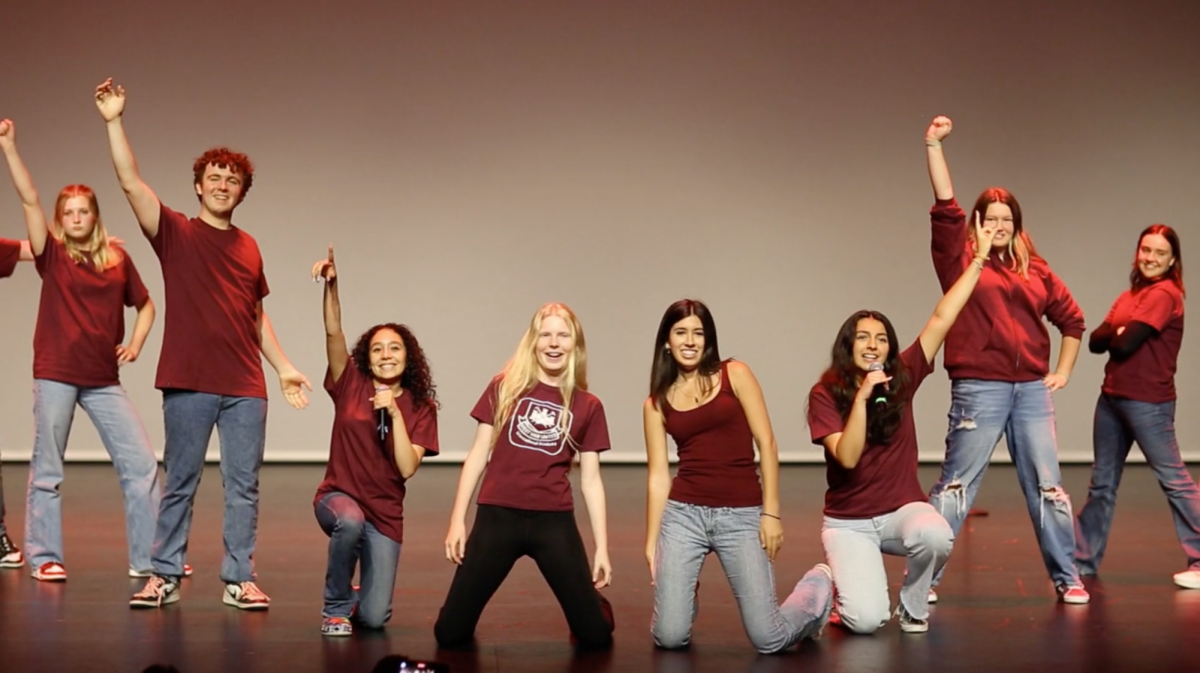


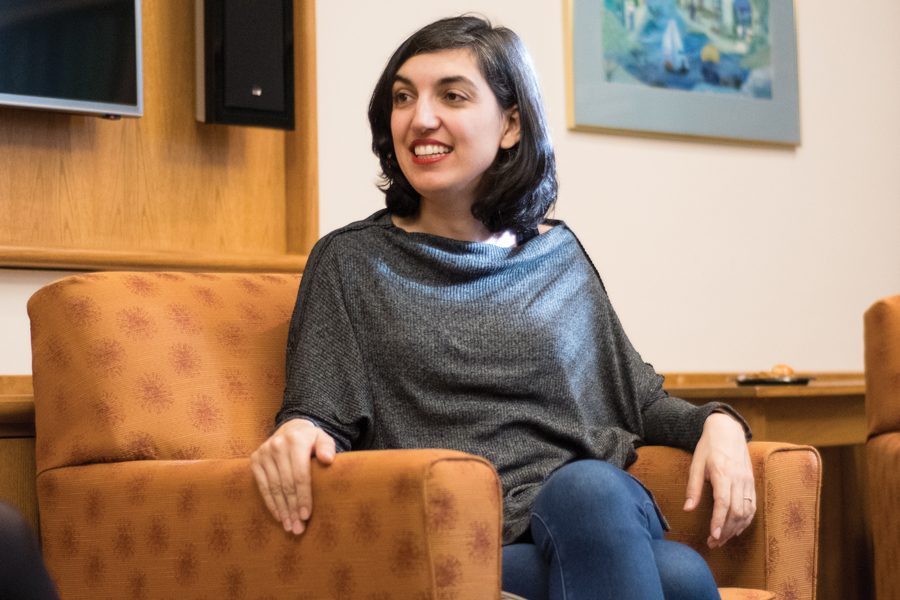



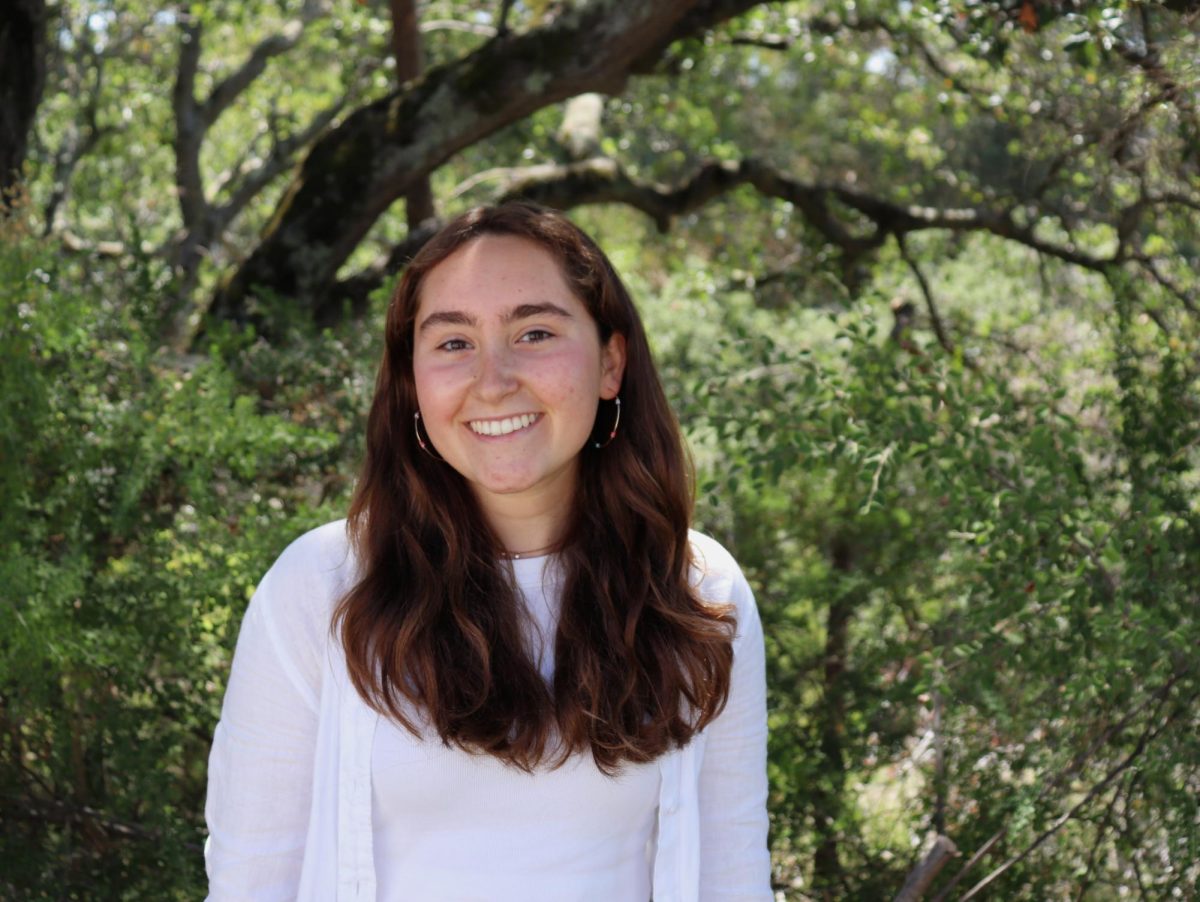
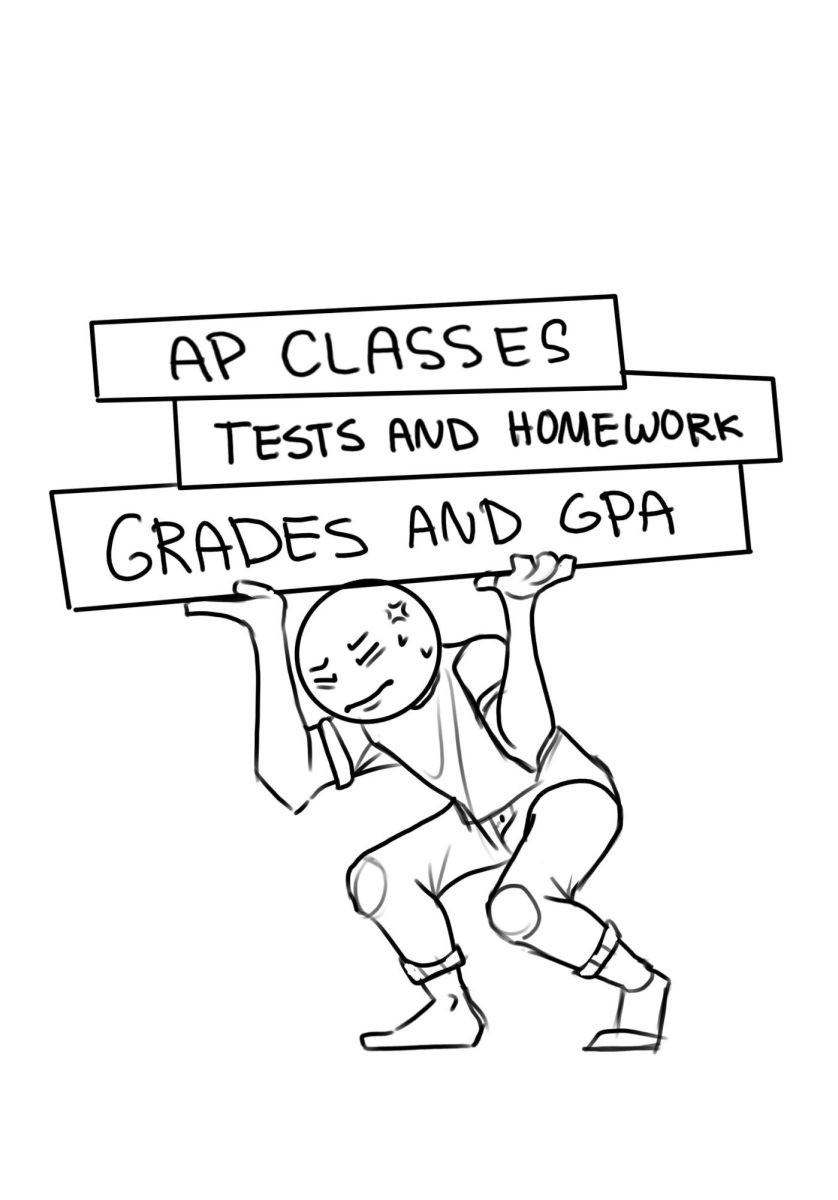
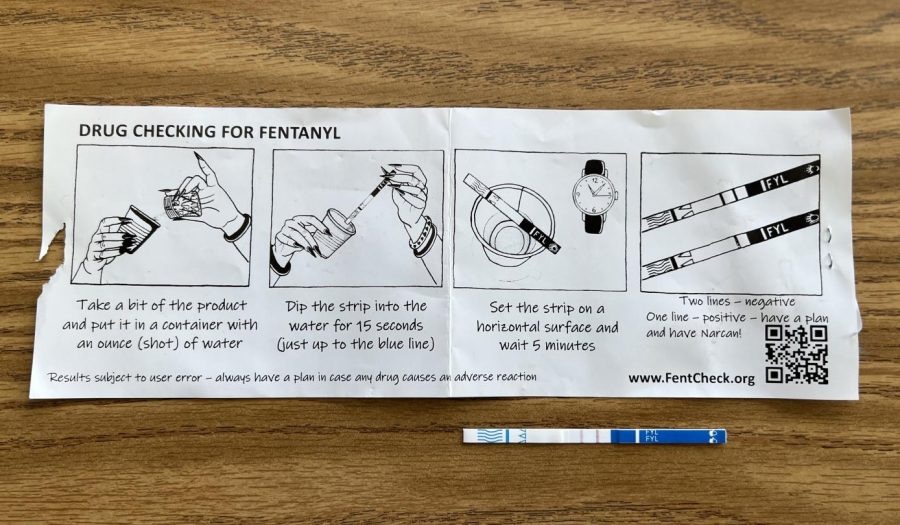

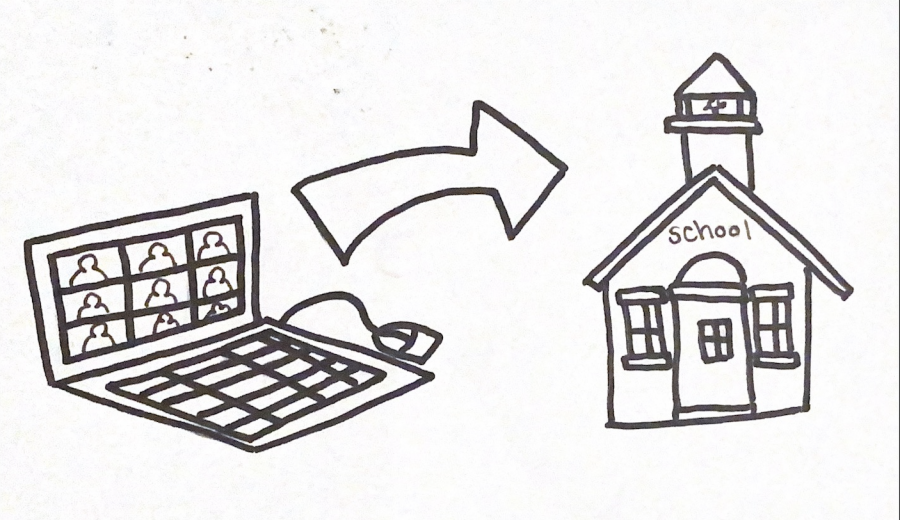

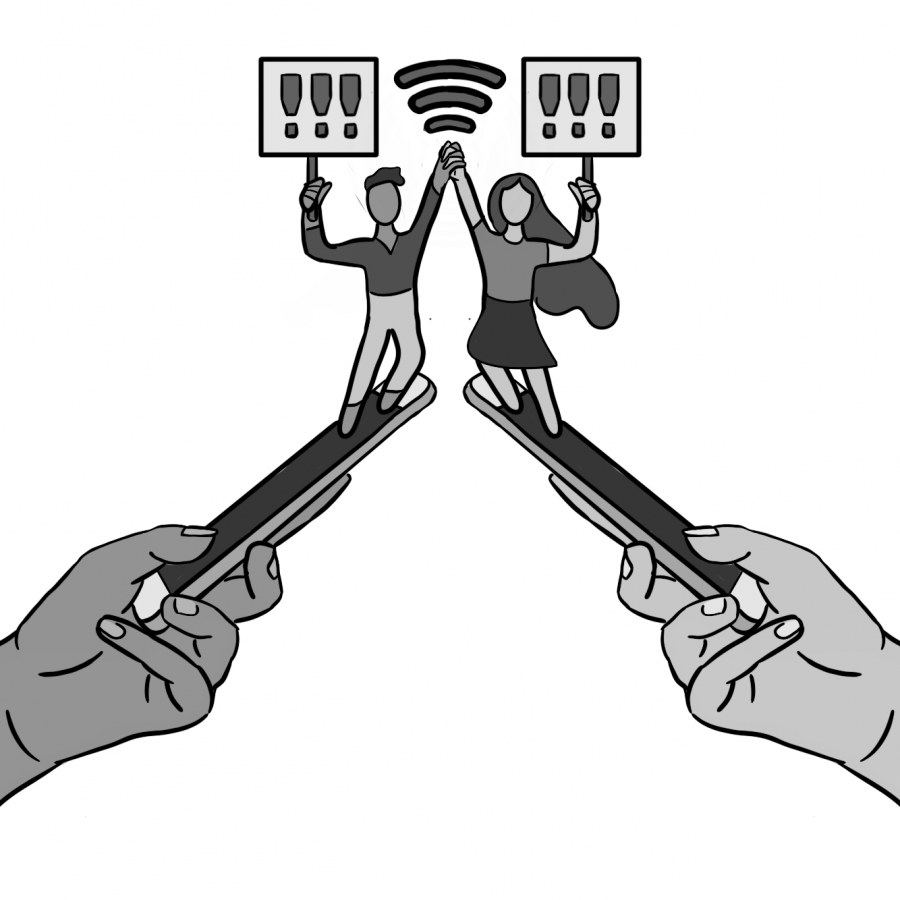


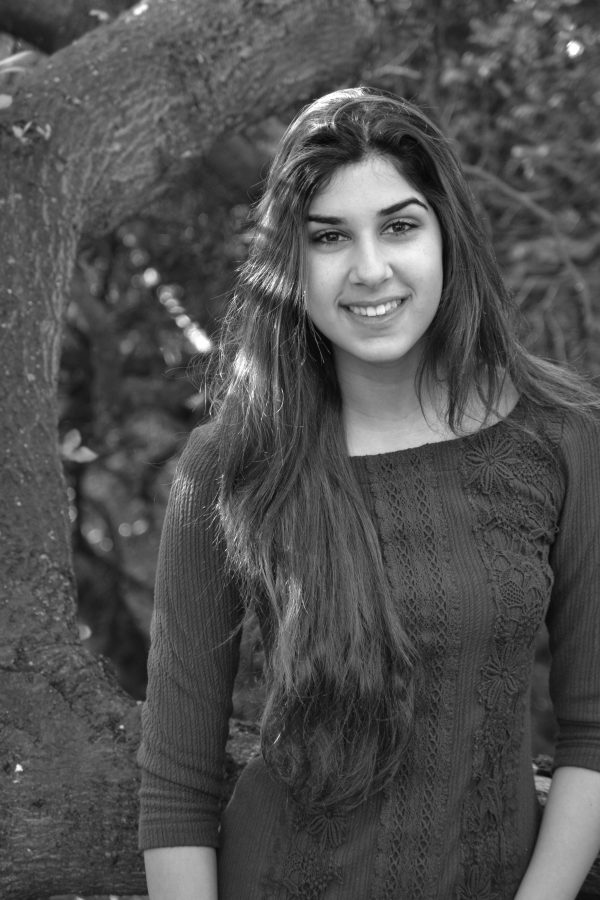






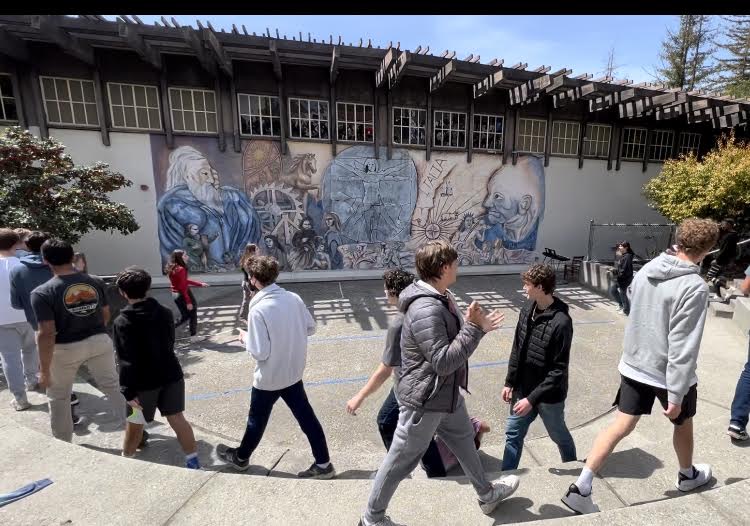


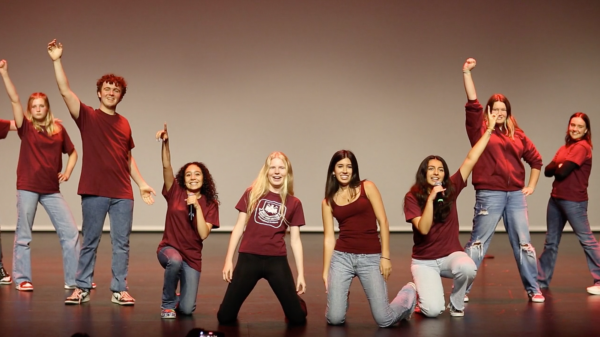


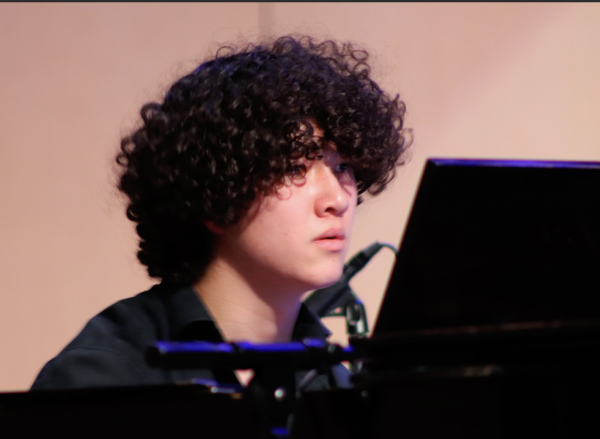

Teresa Lemos • Apr 4, 2023 at 9:19 am
A good teacher will find alternatives to reaching students and you obviously have some. Our Youth have instant access with the internet to good and bad elements but the bad can affect one student more than another. Piedmont you have some class act Teachers please support and appreciate them. Their job will always be an uphill battle. FANTASTIC WORK EDUCATORS Mr. Wolbert, Mr Keller and Ms Guillen you are to be commended.